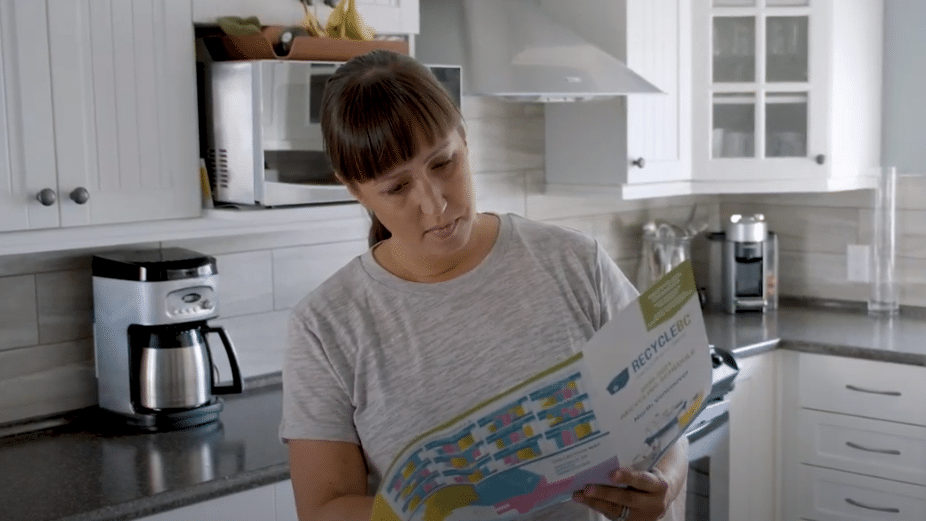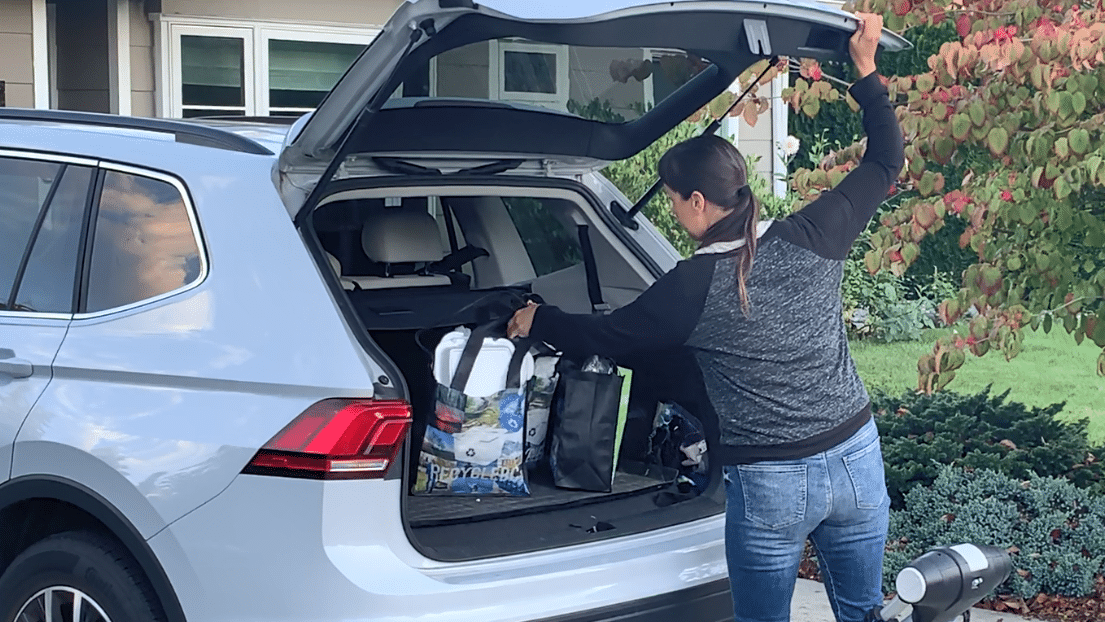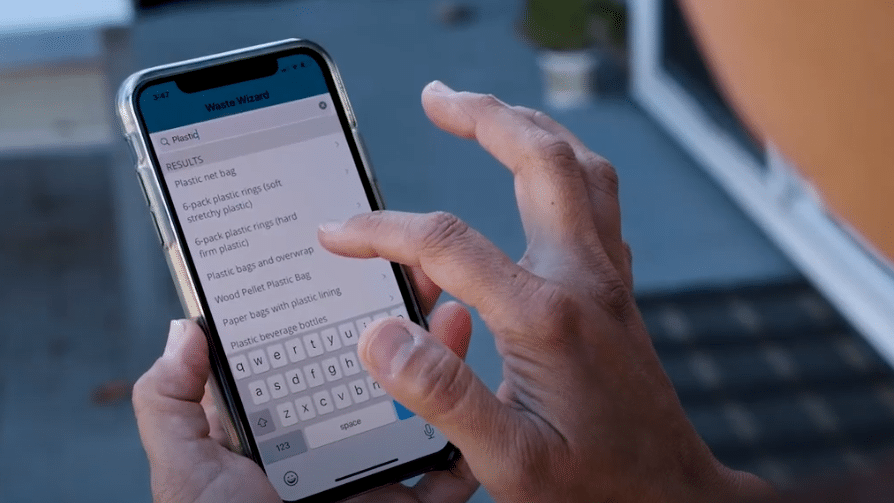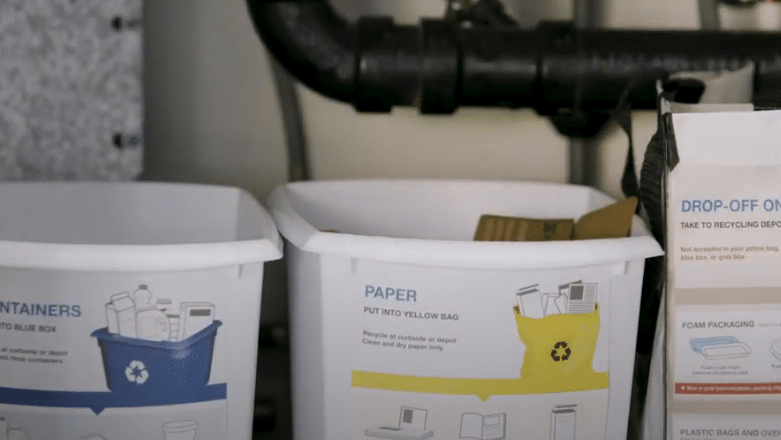We know that British Columbians are good recyclers. In 2019, Recycle BC collected 78% of the material businesses reported they supplied to BC residents, or 185,692 tonnes of residential packaging and paper. We achieved this with your participation – when you set your material out for curbside pickup, recycle in your building’s collection carts, or return material to a depot. You might think of “recycling day” being once a week, or every other week, but we’re hoping to get more BC residents thinking every day is recycling day.
Global Recycling Day, instituted in 2018, falls on March 18 and is a great opportunity to re-focus our collective efforts when it comes to recycling. Whether you’re dedicated to your blue box, or making a commitment to refine your recycling habits, our tips below will help you on your way.
Get familiar with the Recycle BC material list

Recycle BC uses a consistent material list for residential packaging and paper collection across the province. Materials are often collected in separate boxes or bags from homes. Depending on where you live that could be a blue box for containers, yellow bag for paper, and grey box for glass. Collection methods can vary – some areas might only use blue boxes while others collect paper and containers in a single bin – so it’s best to check your local guidelines if you have any questions. Soft plastics (like plastic bags) and foam packaging are always collected separately at depots – more on that in Tip #2!
Our material list is available online and can be accessed as a PDF in five languages. We also have an app that has a material search tool and depot locator. If you live in one of our direct service areas listed on the app web page, you can also check your schedule and set reminders for collection day.
Depot trips

Some materials accepted by Recycle BC are not collected in your recycling bins. Material like plastic bags and overwrap, other flexible plastic packaging, and foam packaging are only collected at depots to prevent contamination. These materials can be returned to a Recycle BC depot or a London Drugs at their in-store recycling stations. But what to do with the material in between depot trips?

We’ve gathered tips to set aside your materials from our team and BC residents that work in living spaces of all sizes. Many residents include a depot trip as part of their regular errands like grocery shopping trips. Find a depot nearest to you with our online locator, or by using our app.
Sorting to recycle more

Sorting your material is a key step when recycling. Whether you’re following your local guidelines or returning material to a depot, Recycle BC uses material categories to prevent contamination, ensuring that more of the material collected can be effectively recycled. When you think ‘contamination’, you might picture jars that are half empty, or some paper that’s seen better days – and you’d be correct. But contamination also includes material that is sorted incorrectly, or material this is not even accepted in the Recycle BC program.
To prevent contamination in your home, we’ve created home recycling resources including posters and tip sheets to engage the whole family. We’ve seen some residents tape the material category posters to their recycling containers to show what goes where – a strong visual always helps! Find our home recycling resources on our website, as well as an explanation of contamination types.
If you have any packaging and paper recycling questions, the Recycle BC team is happy to help! You can find us on Twitter, Facebook, and Instagram at @RecycleBC, or drop us an email at [email protected]. If you have questions about material that’s not collected in our program, our friends at the Recycling Council of BC are a great resource: www.rcbc.ca.
This post originally appeared on the Modo Co-operative blog as a guest post for Global Recycling Day


